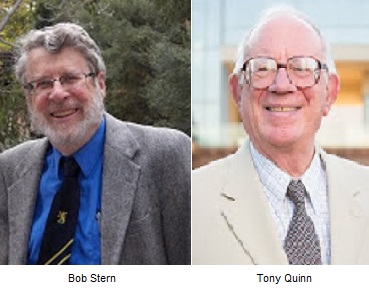California has a long tradition of direct democracy, allowing citizens to bypass their elected representatives, propose laws, place them on the ballot, and enact them at the polls. This November Californians will once again be given the responsibility of resolving a multitude of critical public policy issues. Voters will evaluate the merits of six different propositions.
The 2014 initiatives span a diverse range of topics, including a water bond (Prop 1); state budget reserves (Prop 2); insurance rules (Prop 45); raising the cap on some medical malpractice damages and requiring drug testing for some doctors (Prop 46); reducing the penalties for some criminal offenses (Prop 47); and a referendum on some tribal gaming pacts (Prop 48). The Rose Institute has produced a series of videos to explain each ballot measure (viewable here) and is also hosting a panel discussion on Wednesday, October 22, 2014, featuring Tony Quinn and Bob Stern at the Marian Miner Cook Athenaeum.
Holding a Ph.D. from Claremont Graduate University, Tony Quinn has authored numerous books on California politics. He has also worked in the public sector as an assistant to the California Attorney General and has been an expert witness in legislative redistricting cases. Mr. Quinn is a member of the Rose Institute Board of Governors.
Bob Stern, a Stanford Law graduate, has devoted his career to California electoral reform. He co-founded and subsequently served as president of the Center for Governmental Studies, a California-based think tank. He has served as an advisor to the California Secretary of State’s office and the state legislature’s Assembly Election Committee. Mr. Stern supervised a team of Rose Institute research assistants to produce the Video Voter Series.
The talk, open to the public, will commence at 6:45 PM.



Sorry, comments are closed for this post.